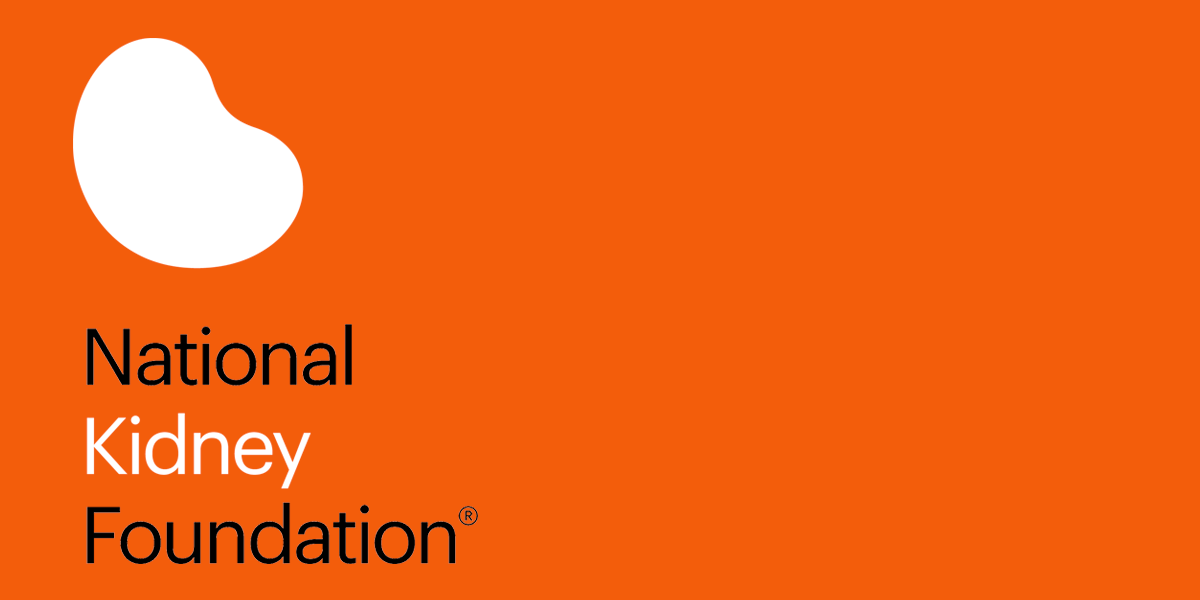Engaging the Hardly Reached* Patient
InquisitHealth leads new cross-sector partnerships to engage “hardly reached” patient populations living with chronic diseases to address their underlying social determinants of health, while promoting healthy behavior change.
Watch a real-life case study: Meet Deborah.

Our results suggest that for safety net populations, addressing these two factors together is the best way to improve their health; on their own, social determinants programs and behavior change tools are not enough.
Simple closed-loop referrals to social services — while growing in popularity — are often on their own insufficient to produce the lasting behavior change needed to help motivate, educate, guide, and support patients.
At the same time, behavior change efforts through digital technology platforms also often fall short for patients with one or more unaddressed social determinants of health.
Serving hardly reached patients
InquisitHealth’s approach was specifically designed to address the needs of the most vulnerable patients in the country. Our mentors are former patients themselves, and our evidence-based programs incorporate numerous social factors (culture, language, health literacy, trust) as well as training to address non-clinical issues (food insecurity, unmet financial or legal needs, etc.) that are prevalent in Medicaid populations.
Montefiore Health System: Case Study
A current partner, the Care Management Organization (CMO) of Montefiore, has invested heavily in building an impressive nurse-based Diabetes Care Management program aimed to address the Bronx’s high prevalence of diabetes (over 13.9 percent). For over 4 years, InquisitHealth has been successfully collaborating with the CMO of Montefiore. The most recent lab data across 500+ patients served in the peer mentoring program in April 2019 showed an average HbA1c reduction of 1.6 points from baseline.
How we do it
Using our evidence-based training and a HIPAA-compliant technology platform, the Montefiore Health System and InquisitHealth partnered together to create a workforce of 32 diabetes patient mentors, all living with well-managed diabetes.

These mentors were paired with patients with poorly-controlled diabetes (HbA1c>9%) to deliver 1-on-1 coaching. Patients were matched to mentors based on shared demographics (race, ethnicity, language, age, gender), clinical factors (insulin vs. oral medications, etc.), and schedules/availability. They communicated weekly through phone and text messages. This novel approach has produced a clinically significant -1.6 point reduction in HbA1c (p<.05).
Also, over 200 different social determinants of health issues were identified, escalated and addressed through deep collaboration among the Montefiore Health System’s care management nurses, InquisitHealth care coordinators, the patient’s PCPs, peer mentors, and most importantly, the patients.

InquisitHealth has opened a new channel in the treatment of chronic diseases. We have replicated academic research in real-world situations to assist health care providers achieve dramatically better, and sustainable, outcomes in a range of diverse communities. We have also demonstrated success in partnering with a wide array of entities including medical centers, unions, and large pharmaceutical firms.
Peer mentors
The most critical component to successful outcomes has been the peer-to-peer connection. We recently interviewed Deborah, a participant in our diabetes program, and Linda, her peer mentor. Deborah’s HbA1c had been 11.9 for many years. Not only did she struggle with controlling her HbA1c levels because of diet, but she was also prescribed prednisone (which can spike blood glucose levels) for her long-standing COPD, a result of her smoking since she was ten years old.

Linda, a peer mentor who has successfully managed her own diabetes symptoms for years, was trained by InquisitHealth through our peer mentor program. The training not only educates mentors on basic information about their disease and how to use the technology platform, but provides mentors with skills in active listening and coaching.
Deborah shared, “‘One of the things about working with Linda, was that she was easy with me… She didn’t fault me. She said,
‘I’m not here to judge you. I am here to help you.’ And that touched my heart.
Peer mentoring delivers results. Watch the full interview with Deborah here.
* Brought into the official InquisitHealth lexicon, courtesy of Dr. Fisher!
Originally published on Medium



